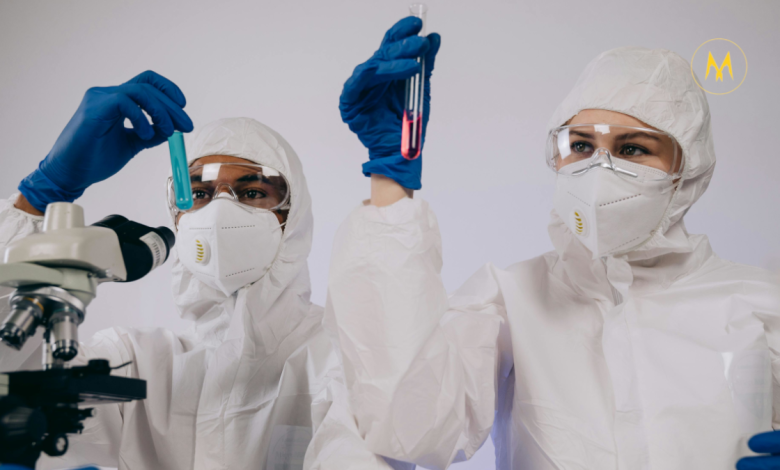
Chickenpox is a common childhood illness, but it can affect adults as well. While most cases are mild, the virus sometimes leads to serious complications, especially for those with weakened immune systems. The NHS chickenpox vaccine offers protection against this contagious disease and helps reduce the risk of spreading it within communities.
In this article, you will learn what the NHS chickenpox vaccine is, how it works, who can get it, and why it matters. We will also cover the cost, availability, side effects, and frequently asked questions so you can make an informed decision for yourself or your family.
What Is the NHS Chickenpox Vaccine?
The NHS chickenpox vaccine is a medical injection that protects against chickenpox, a disease caused by the varicella-zoster virus. The vaccine contains a weakened form of the virus that stimulates the immune system to build protection. After receiving the vaccine, your body can recognize and fight the virus more effectively if you ever come into contact with it.
Why the Chickenpox Vaccine Is Important
Chickenpox may look harmless, but it sometimes leads to serious complications such as skin infections, pneumonia, and in rare cases, brain inflammation. The vaccine not only lowers the risk of catching the disease but also reduces its severity if infection occurs. For families, vaccination helps protect vulnerable members, including newborns and people with weak immune systems.
Who Can Get the Vaccine?
The chickenpox vaccine is not part of the routine childhood vaccination schedule on the NHS. However, it is available for:
- Healthcare workers who are not immune.
- Children and adults who live with people at high risk of serious illness.
- People with weakened immune systems who may face life-threatening complications if infected.
For others, the vaccine can be accessed privately in the UK at clinics and pharmacies for a fee.
How the Vaccine Works
The vaccine comes in two doses. The first dose triggers the immune system to recognize the virus. The second dose strengthens and extends immunity, providing long-term protection. Most people who receive both doses are protected for life.
Cost and Availability
On the NHS, the chickenpox vaccine is given only to high-risk groups. For the general public, it is available privately. Prices usually range from £60 to £100 per dose, depending on the clinic. Two doses are needed for full protection.
Possible Side Effects
READ MORE: West Nile Virus: Global Health Risks, Symptoms, and Prevention
The vaccine is considered safe. Common side effects include:
- Mild soreness or redness at the injection site.
- Low-grade fever.
- A small chickenpox-like rash that fades quickly.
Severe side effects are rare. If they occur, medical help should be sought immediately.
Benefits of the Chickenpox Vaccine
- Protects against chickenpox infection.
- Reduces the risk of severe symptoms.
- Prevents transmission to vulnerable people.
- Provides long-term immunity.
Myths About the Chickenpox Vaccine
Some people believe chickenpox is always mild and does not require vaccination. However, this is not true. While many children recover without problems, adults and vulnerable groups may develop life-threatening complications. The vaccine helps reduce these risks and keeps communities safer.
Final Thoughts
The NHS chickenpox vaccine is a safe and effective way to prevent chickenpox and its complications. While it is not available for everyone on the NHS, those at higher risk benefit from protection through the program. For others, private vaccination is a reliable option.
If you or your family members have not had chickenpox, it is worth discussing the vaccine with a healthcare professional. Vaccination provides peace of mind and long-term health protection.
READ MORE: What Is Melatonin? International Guide to Better Sleep and Wellness
Frequently Asked Questions
No. The NHS only offers it to high-risk groups. Others must get it privately.
Two doses are required for full protection.
Children can be vaccinated from 12 months of age.
No vaccine offers 100% protection, but it significantly lowers the risk and makes symptoms much milder if infection happens.
Yes. Adults who never had chickenpox or the vaccine before can receive it, especially if they are in close contact with high-risk individuals.
Most people remain protected for life after two doses.
No. Pregnant women should not receive the vaccine. Vaccination is recommended before pregnancy if immunity is not present.
Not directly. However, by preventing chickenpox infection, the vaccine reduces the chance of developing shingles later in life.




